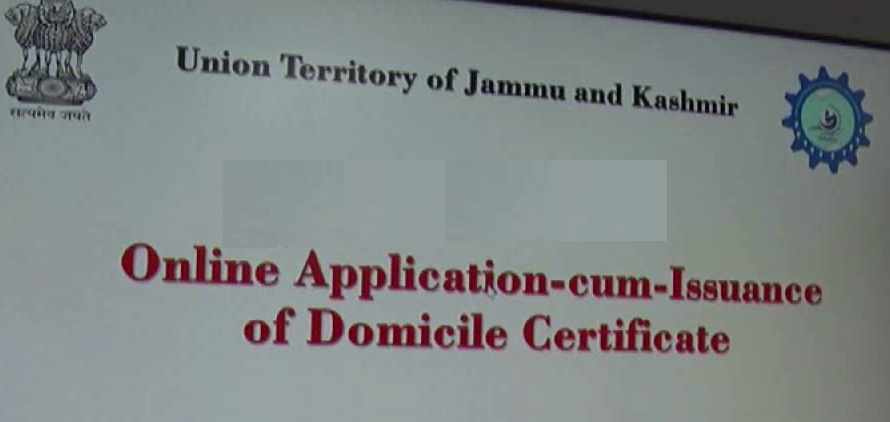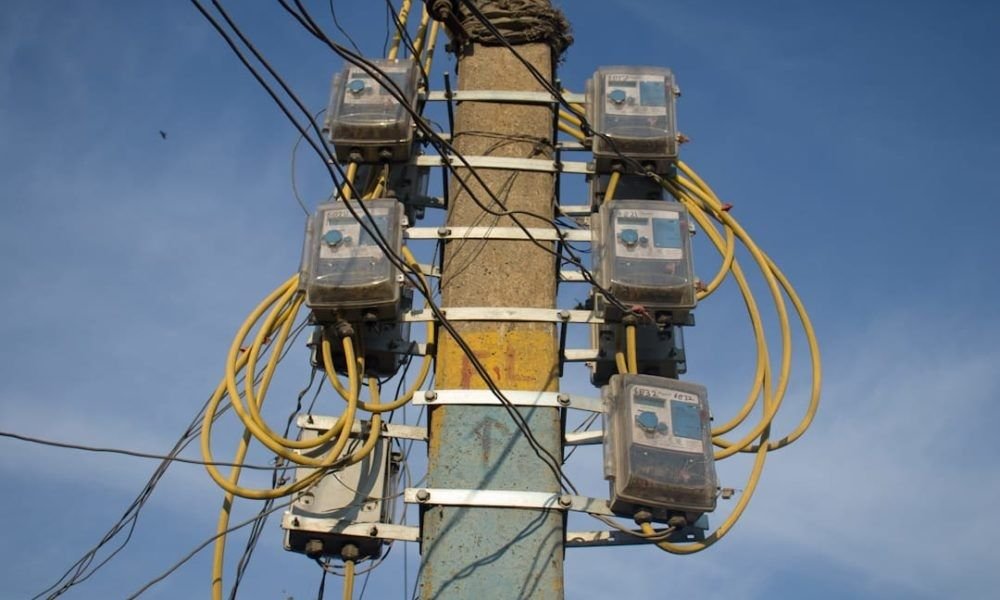In a significant development since the abrogation of Article 370, over 35 lakh domicile certificates have been issued in Jammu and Kashmir over the past two years. Chief Minister Omar Abdullah, who also oversees the Revenue Department, shared this information during a session in the Jammu and Kashmir Legislative Assembly. Out of the total 35,12,184 certificates issued, 83,742 have been granted to individuals who were not originally permanent residents of the region.
This large-scale issuance marks a historic shift in Jammu and Kashmir’s residency and employment eligibility landscape, fundamentally altering the rules that had long governed who could legally live, work, and own property in the Union Territory.
The backdrop of this significant policy change is the August 5, 2019 decision by the BJP-led central government to revoke Articles 370 and 35-A of the Indian Constitution. This move stripped Jammu and Kashmir of its special status, which had previously allowed the region to maintain exclusive laws regarding residency, land ownership, and employment.
Before the repeal, Article 35-A had strictly limited domicile rights to those recognized as “state subjects”—a legal status introduced in 1927 by Maharaja Hari Singh, the then Dogra ruler. These laws were originally enacted to protect the economic and cultural interests of residents of Jammu & Kashmir and prevent outsiders, especially from Punjab, from dominating local job markets and land resources.
New Domicile Law: Who Qualifies Now?
Following the constitutional changes, the Jammu and Kashmir Reorganization (Adaptation of State Laws) Order, 2020, brought a new definition of domicile eligibility. Under the revised rules:
- Any person who has resided in Jammu and Kashmir for 15 years, or
- Studied for seven years and appeared for Class 10 or 12 examinations in the region,
is now eligible to apply for domicile certificates.
This redefinition significantly expands the scope of who can become a legal resident of Jammu and Kashmir, unlocking access to government jobs, welfare benefits, and property ownership rights previously restricted to native state subjects.
Read also: Alarming Doctor-Patient Ratio in Jammu & Kashmir
Application Process for Domicile Certificates in Jammu & Kashmir
The Jammu and Kashmir government has implemented an efficient and accountable system for issuing domicile certificates. As per new administrative guidelines:
- Tehsildars are mandated to issue domicile certificates within 15 days of receiving a valid online application.
- If an officer denies or delays a legitimate application, they can face a penalty of ₹50,000.
This move aims to ensure transparency and timely service delivery, facilitating quick access to citizenship-like benefits for eligible residents and newcomers in the region.
Domicile Certificates to non-local individuals
The issuance of domicile certificates to over 83,000 non-local individuals has sparked intense debate and concern within political and civil society circles. Critics argue that the changing demography could dilute local identity, alter political dynamics, and impact cultural heritage.
Supporters of the move, however, claim it is a step toward integration and equality, allowing every Indian citizen to enjoy equal rights across the country, including in Jammu and Kashmir.
This evolving scenario is reshaping the socio-political landscape of the Union Territory. The previous exclusivity of domicile rights served as a buffer protecting local populations, but its removal paves the way for nationwide uniformity in rights and access.
With over 35 lakh domicile certificates issued and the legal doors now open for non-state subjects, the region stands at a crossroads. While the restructuring aims to foster development, investment, and integration, it also raises questions about identity, autonomy, and demographic balance.
The central and state governments must now focus on inclusive governance, safeguarding regional culture, and equitable development, ensuring that both long-time residents and new domiciles coexist in a stable and progressive environment.
















